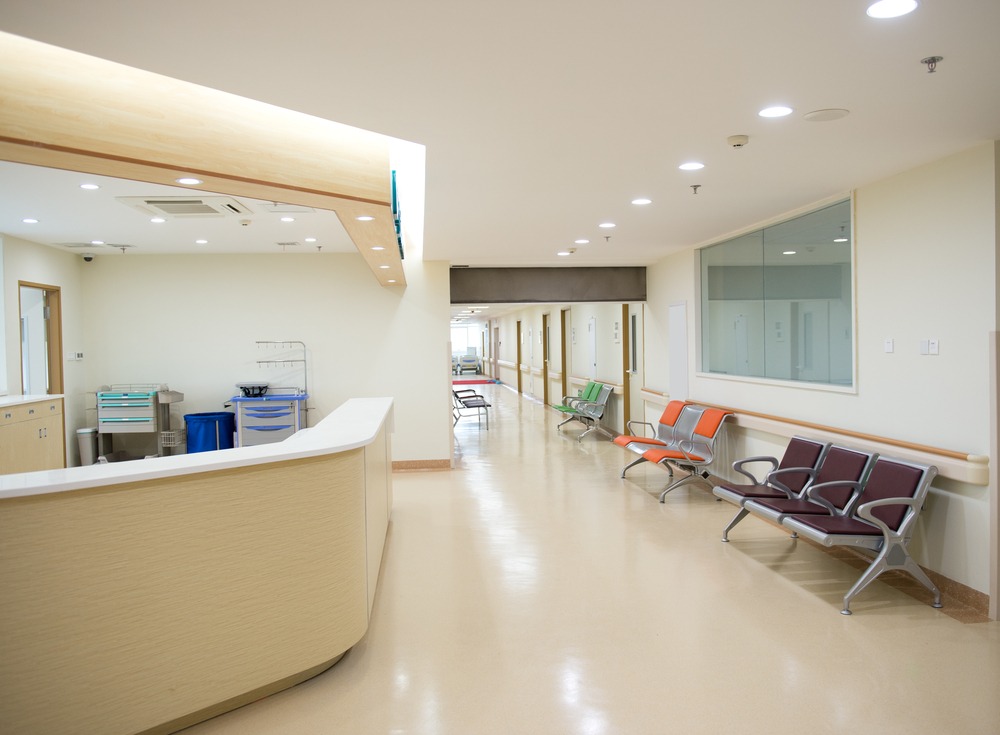Healthcare with Confidence
Varicocele is a varicose veins in the scrotum that holds the testicles. Varicocele process similar to varicose veins which can occur on the feet.
Varicocele is a common cause of low sperm production and reducing its quality, resulting in infertility. However, not all forms of varicocele affect sperm production. Varicocele may also cause a contractions in the testes.
In most cases, varicocele develops over time. Fortunately, most of the forms are easy to diagnose and many of them do not need treatment. If varicocele causes symptoms, it is often necessary to use surgical intervention.
Symptoms of varicocele
Varicocele often does not cause any signs or symptoms and may rarely cause pain. The pain may be dull and acute. The pain may be in the position of sitting, standing or during exercise, especially long. Relief occurs when a person lies on his back.
As varicocele usually causes no symptoms, the disease often does not require treatment. Varicocele may be detected during the evaluation of fertility or a routine physical examination.
However, if you experience pain or swelling in the scrotum, or discover the formation of the scrotum, please contact us.
Causes of varicocele
Varicocele is often formed during puberty and usually occurs on the left side. Nevertheless, varicocele in one testicle can affect sperm production in both testicles.
Risk Factors
There were no significant risk factors for varicocele. Nevertheless, some studies suggest that overweight may increase the risk.
Complications
Varicocele may lead to shrinkage of the affected testicle (atrophy). The main part of the testis tubules includes producing sperm. In case of damage to the tubules, testis compressed and relaxed. It is not clear what causes the testicle to shrink force, but faulty valves allow blood to stagnate in the veins, that can lead to increased pressure in the veins and the effects of toxins in the blood. This causes damage to the testicles.
Infertility. The mechanism of the varicocele effect on fertility is not yet clear. Testicular vein promote cooling of blood in the artery of testicle helping to maintain the proper temperature for optimal sperm production. Blocking blood flow varicocele keeping local temperature is too high that affects the formation of sperm as well as sperm motility.
Diagnosis of varicocele
![]() Physical examination.
Physical examination.
![]() Ultrasound of the scrotum. The test which uses high frequency sound waves to create exact images of structures inside the body. It also helps to detect a tumor that compresses the spermatic vein.
Ultrasound of the scrotum. The test which uses high frequency sound waves to create exact images of structures inside the body. It also helps to detect a tumor that compresses the spermatic vein.
Varicocele management
Not all cases require treatment of varicocele. However, if a varicocele can cause pain, testicular atrophy or infertility, may need surgery, which aims to overlap the damaged vein and redirect blood flow to healthy veins.
Indications for treatment of varicocele in adolescence include progressive testicular atrophy, pain or abnormal semen analysis results.
Varicocele does not bear high risks. Some of them may include: accumulation of fluid around the testicles (hydrocele), varicocele recurrence, damage arteries.
Treatments include:
Open surgery. Performed on an outpatient basis using general anesthesia or local anesthesia. Typically, the surgeon uses a vein in the groin, but it also can be done through an incision in the abdomen or lower groin.
Advanced Israeli experts can reduce postoperative complications. One of these advances is the use of an operating microscope that allows the surgeon to see better the area during surgery. Another example is the use of Doppler ultrasound, which helps to guide the procedure. The patient returns to normal activities within two days. The pain from this surgery is usually not strong. Doctor may prescribe pain medication during the first two days after surgery. Doctor may also recommend not having sex for a week or two. After three or four months after the operation it is necessary to make a semen analysis to determine the return of fertility after varicocele repair.
Laparoscopic surgery. One of the latest achievements of minimally invasive surgical techniques. The surgeon makes a small incision in the abdomen and carries a tiny camera through the incision to see good and treat varicocele. This procedure requires general anesthesia.
Percutaneous embolization. Performed by a radiologist who inserts a catheter into a vein in the groin or neck. After seeing so enlarged veins in the monitor, the doctor delivers the medication through the catheter, blocking testicular vein that helps stop blood flow and eliminates the varicocele. This procedure is performed under local anesthesia in an outpatient clinics, but it is not used as widely as open surgery or laparoscopic procedure.



